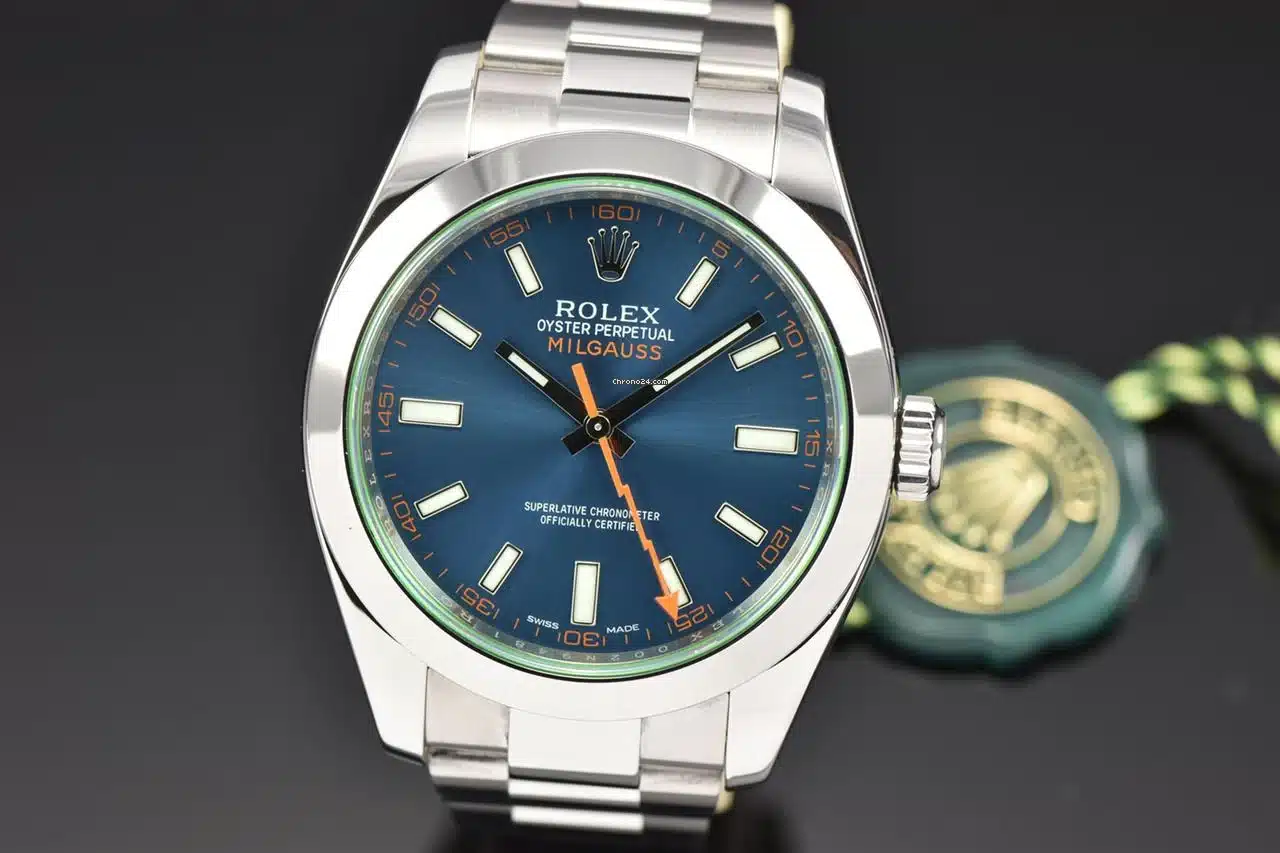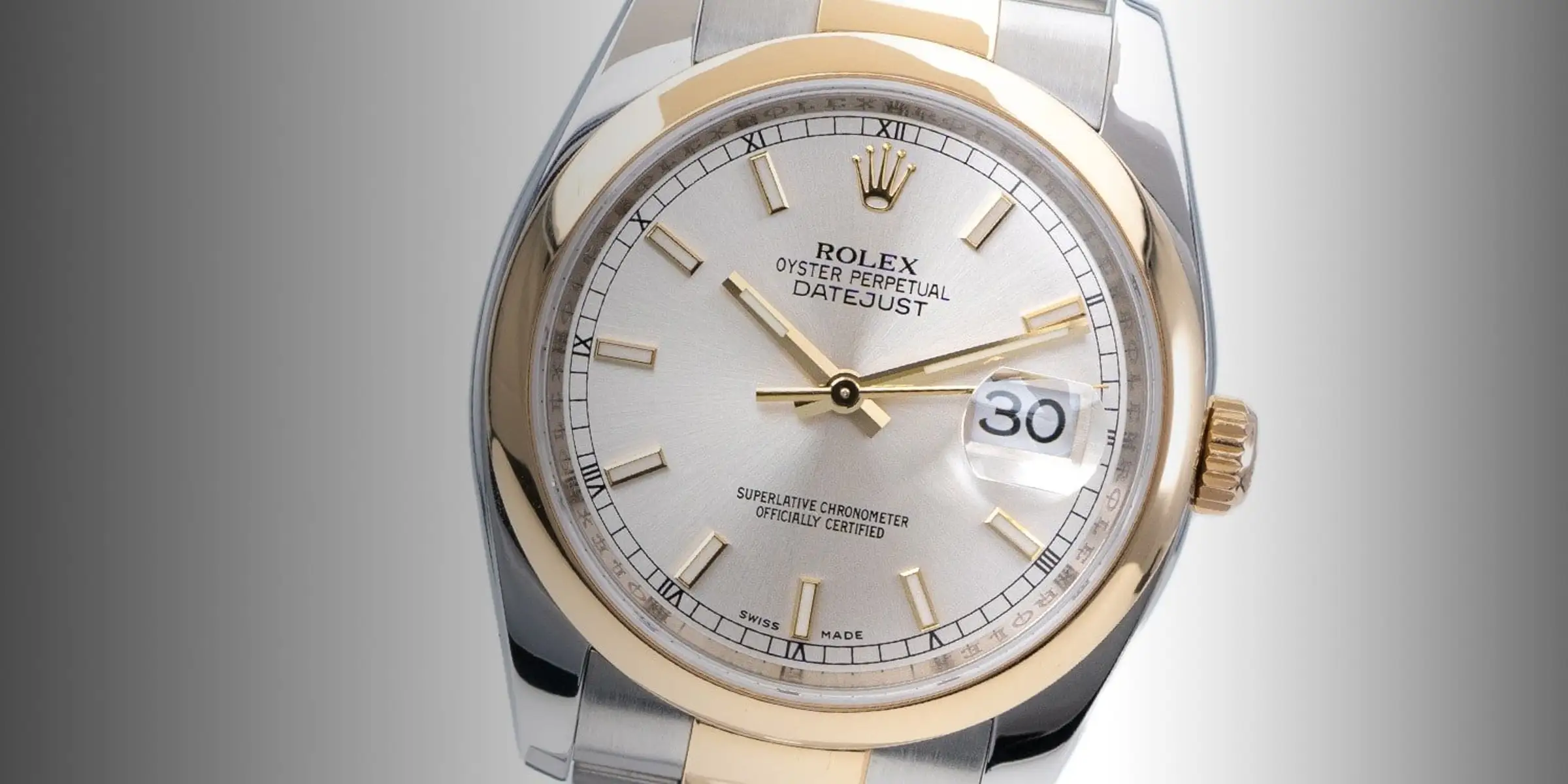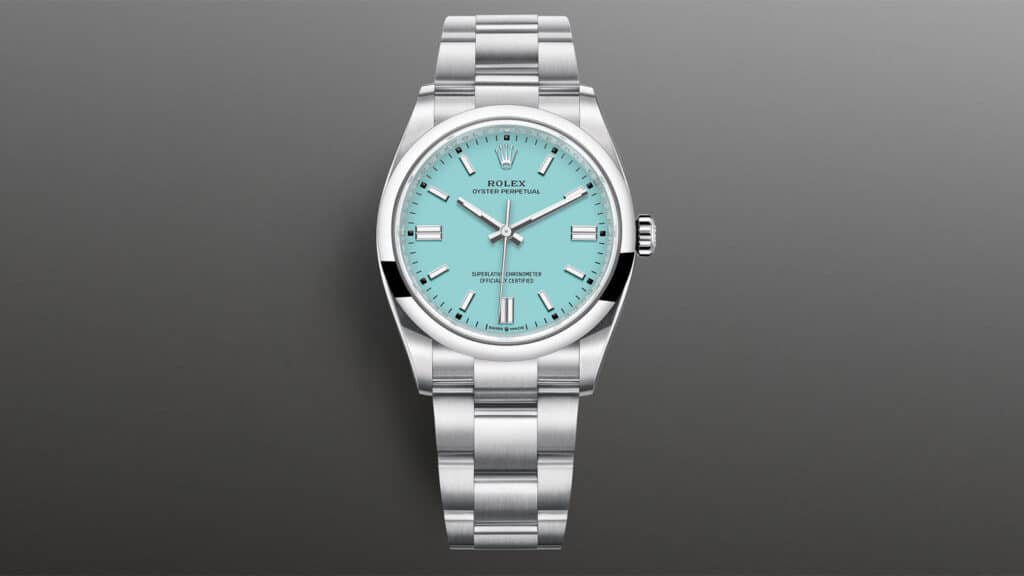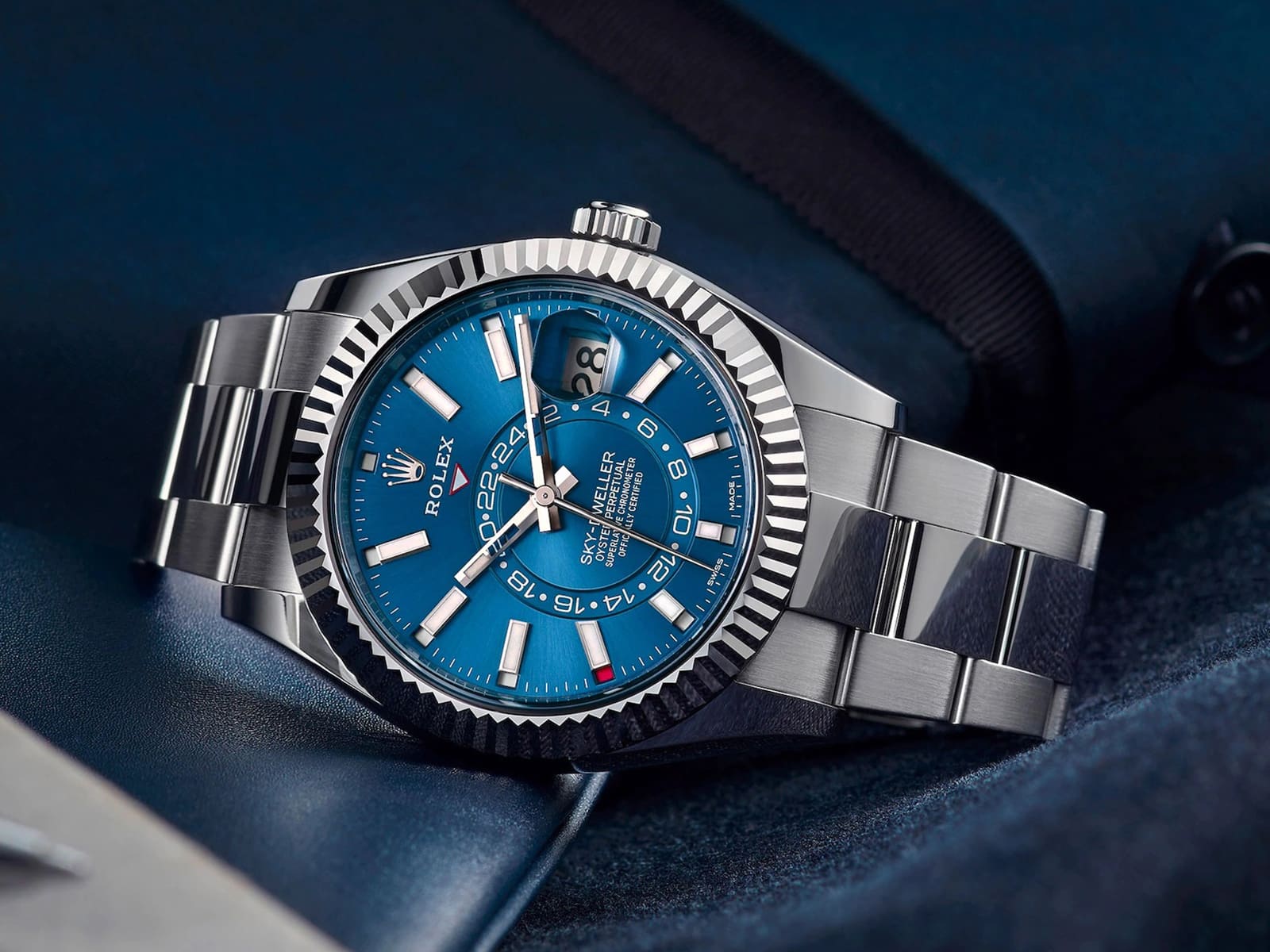Introduction
When you consider luxury timepieces, automatic movement is likely to spring to mind. Automatic watches have traditionally been regarded as the height of horological excellence, sleek, beautiful, and frequently connected with superb artistry. But just what drives these clocks, and why do they sometimes have such high price tags? Let’s explore why automatic watches can be a major investment and break apart the mechanisms behind them into their intriguing realm.
The Pulse Of Luxury: Define An Automatic Watch
Often called a self-winding watch, an automatic watch is a wonder of engineering made possible by Automatic Movement. Long as it is habitually worn, it runs without batteries or manual winding. Driven by the motion of the wrist, it converts kinetic energy into mechanical energy, ensuring flawless operating of the watch. Unlike batteries-dependent quartz watches, automatic watches are driven by their amazing Automatic Movement, so representing both innovation and legacy.

How Does The Automatic Movement Work?
Every automatic watch is fundamentally driven by its automatic movement, a sophisticated system of gears, springs, and rotors cooperating to measure time precisely. One can get a sense of how it operates as follows:
Rotor: The watch’s watch’s rotor is a semicircular weight that rotates free-willingly. Attached to the movement, it oscillates as your wrist moves to provide kinetic energy.
Mainspring: A tightly coiled piece of metal—gets the kinetic energy produced by the rotor. Stores the energy this spring and releases it gradually to run the movement of the watch.
Gear Train: The released energy passes via a sequence of gears called the gear train, which converts power to the watch’s hands, enabling its time-telling capability.
Wheel of Escapement and Balance: The escapement precisely controls the energy flow from the mainspring in exact, measured increments while the balance wheel swings back and forth, splitting time equally to guarantee the watch’s accuracy.
Taken collectively, these parts form the backbone of an automatic watch’s movement, allowing it to maintain correct time independently of human involvement.
Why Are Automatic Watches Priced?
After we have discussed the operation of automatic watches, let us address the question everyone has: Why are they so expensive? The solution resides in a confluence of engineering intricacy, materials, precision, and reputation.
Modern Engineering And Accuracy
Often composed of hundreds of small, finely crafted components that must fit together exactly, automatic watches are mechanical wonders. The design and assembly of these parts call for extreme knowledge and ability. The automatic movement is particularly artistic in itself since it depends on accuracy to guarantee consistent functioning.
Luxury companies such as Audemars Piguet, Omega, and Rolex spend years honing their movements, testing them for accuracy, and making sure they satisfy the highest quality criteria. Automatic watches demand more money in part because of their meticulous attention to detail.
Superior Products
Furthermore adding to their expense are the elements found in automatic movement watches. Many luxury watches are constructed of precious metals including platinum, gold, and titanium. Often fashioned from scratch-resistant sapphire, the crystals covering the dial can also be created from premium alloys to guarantee lifetime and durability even inside gears.
Additionally the complicated automatic movement mechanisms usually consist of materials that lower wear and tear, thereby extending the lifetime of the watch. Together, these premium components help to explain the greater cost of these remarkable timepieces.
History and Prestige
An automatic watch is a declaration, not only a wise choice. Long-standing names for quality abound among brands including Patek Philippe, Rolex, and TAG Heuer; buying one of these timepieces honors their legacy. Automatic Movement’s accuracy and the reputation these manufacturers have let their timepieces transcend basic watches and become indicators of success and difference. Exclusive designs, limited editions, and celebrity sponsorships help to further increase the attraction and uniqueness of Automatic Movement watches, hence increasing demand and price.
Production with Labor Intensive Demand
Unlike mass-produced quartz watches, automatic timepieces are often created hand-by-hand or under careful human supervision throughout pivotal production phases. Every movement is calibrated and closely examined to guarantee flawless operation. For a single timepiece, some luxury watch companies even assemble the complete movement in-house—a process that may take weeks or months.
This degree of accuracy calls for highly specialized personnel, which drives far higher manufacturing costs. Many times, works of art and automatic timepieces combine technical accuracy with aesthetic appeal, and that degree of detail comes at a premium.
Automatic Watches: Their Advantages

Although automatic watches cost more, they have some clear benefits that are justified.
No Battery Changes: One of the most useful conveniences of an automatic watch is that it runs without a battery. The movement of your wrist will keep the watch functioning as long as it is worn routinely. This relieves many watch aficionados of concern about their watch unexpectedly halting or battery replacement—a convenience they value highly.
Longevity: An automatic watch, especially one from a recognized manufacturer, is meant to last. Often passed down through generations, these timepieces can be family treasures that run perfectly for decades with correct care and maintenance. One of the main reasons automatic movements appeal is their lifetime and durability.
Aesthetics: Wearing a watch painstakingly crafted by skilled artists is definitely fulfilling. On other models, the complexity of the automatic movement—shown via open case backs—adds a degree of sophistication and artistry not possible with quartz watches. It is a monument to human creativity and accuracy, not only a watch.
Accuracy and Smooth Movement: Although quartz watches could be more accurate in the near future, with correct maintenance, automatic watches can be rather exact. Unlike the ticking action of quartz watches, the smooth, sweeping second hand is a trademark of automatic movement. It lends a touch of elegance that many watch fans would want.
Maintenance Of Your Automatic Watch
Automatic watches’ intricacy calls for a little more maintenance than quartz versions. Think about the following to extend the lifetime of your watch and maintain its running order:
- Automatic watches depend on the movement of your wrist to remain powered, so you should wear them often. If you intend to avoid wearing yours every day, investing in a watch-wear would be wise. This gadget keeps your watch wound even off your wrist.
- Like any precision tool, automatic watches must be routinely serviced to remain in top shape. Most makers advise having your watch serviced every three to five years to guarantee the best performance.
- Steer clear of magnetic fields as they might interfere with the movement of your automatic watch, therefore compromising its accuracy. Steer clear of putting your watch next to computers or speakers to stop this.
- When not in use, keep your watch somewhere cold and dry. Many luxury timepieces feature a protective case that can help ward against moisture and dust.
The Evolution Of Automated Watches

Automatic timepieces are a monument of ageless accuracy and enduring excellence as technology develops. Although digital and quartz watches could be convenient, their lack of elegance and complexity in terms of mechanical movements is evident. Combining old-world methods with modern materials and design, the automatic movement marks a link between legacy and innovation.
Automatic watches remind us of the beauty of handcrafted creativity in a society where everything seems to be headed toward mass production and automation. For many, the value of each tick on the second-hand lies in honoring centuries of horological knowledge. It is also worth every dollar.
Conclusion
The appeal of automatic watches lies not only in their capacity to keep time but also in their technical wonder—a mechanical marvel combining mechanical accuracy with artistic beauty. From the well-crafted gears to the second-hand sweep, every element of an automatic watch reflects a legacy of quality.
Thus, the next time you fasten an automatic watch, stop to consider the complex dance of its inner operations. The price tag may appear absurd because you are investing in a work of art, a technical wonder, and a piece of history rather than merely a watch.
Frequently Asked Questions
1. Within a watch, what is an automatic movement?
The mechanism driving the watch by the wearer’swearer’s natural wrist motion is an automatic movement—also referred to as self-winding. It winds the mainspring and maintains the watch operating without a battery or hand winding by capturing kinetic energy using a rotor.
2. Does a battery run automatic watches?
Automatic timepieces do not require batteries. The wearer’swearer’s wrist motion drives them. If left unworn for too long, though, they can halt and call for installation or winding in a watch winder.
3. Why might automatic watches cost more than quartz watches?
Because of their sophisticated engineering, premium materials, and hand-made motions, automatic watches are sometimes more costly. Their cost relative to mass-produced quartz timepieces stems from their need for expert artistry and accuracy.
4. How often ought I to service my automatic watch?
To guarantee your automatic watch’s working order, it is advised to have it serviced every three to five years. Regular servicing can preserve a timepiece’s lifetime and accuracy.
5. How do automatic and quartz watches differ?
The movement of the wrist drives automatic timepieces; quartz watches run on a battery. Though automatic watches are praised for their artistry and smooth, sweeping second-hand, quartz watches are usually more reasonably priced and accurate.








